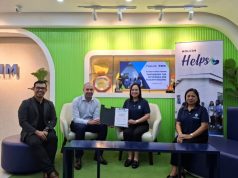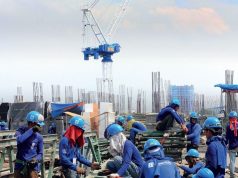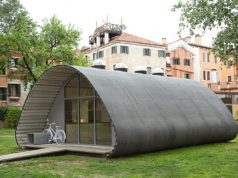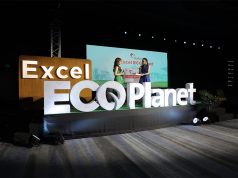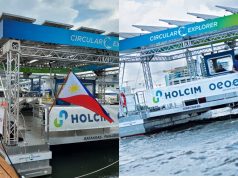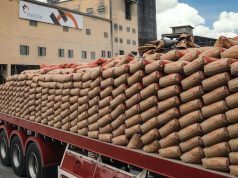An initiative of cementing company Holcim and environment organization One Earth – One Ocean to develop modules on circular economy has been endorsed by the Department of Education.
The European Union defines circular economy as “a model of production and consumption, which involves sharing, leasing, reusing, repairing, refurbishing and recycling existing materials and products as long as possible.”
Christine Bellen, the project manager of the Circular Explorer, said that the move was part of their plan to integrate the sustainable economy into the country’s education system with the help of the collaboration with the Asia Society for Social Improvement and Sustainable Transformation (ASSIST).
Circular Explorer is a 100% solar-powered recycling catamaran, designed to recover marine plastic waste in the world’s oceans and rivers.
“Sa idea at sa framework ng education for sustainable development, all of these topics, not just circular economy, sustainability, [and] climate change, [have] to be integrated [into] all of the subjects,” she said.
“So we’ve created various sets of materials that are targeted for young learners in elementary school, as well as for high school, and college, and adults,” Francis Macatulad, ASSIST Director for Programs, added.
According to Bellen, integrating these topics into subjects like mathematics and history would help children “recall” environmental problems and their development and challenges.
Meanwhile, Macatulad stated that they would provide copies of the modules to their partner educational institutions in Metro Manila.
The modules were developed by ASSIST along with technical experts in ooeo and other marine science institutes and reviewed by the curriculum development division of the education department.
He said that this initiative would not burden the teachers, as their project team would already provide the materials and resources.
“Hindi na sila kailangan gumawa…wala na silang activities, [at] lesson plan na kailangan gawin…We developed it to suit their needs,” the director said.
They would also give training to the teachers to sustain the progression of teaching and learning about the circular economy.
Currently, three public schools are already delivering the modules, which were all part of the project’s pilot testing.
The project aims to reach minimum of ten schools, including basic and tertiary education, for this academic year.
Bellen also said that they were targeting getting feedback from at least 50 teachers and 1,500 students on the effectiveness of the learning toolkit.
The initiative was part of their expansion to raise awareness and find solutions for a sustainable economy.
As of July 31 of this year, a total of 40,000 kilograms of waste have been collected in Manila Bay using the Circular Explorer. The full solar-powered recycling catamaran was launched in July 2022.
Around 40% of the marine litter was composed of plastic, while the remaining 60% was made up of driftwood, rubber, and other materials.
The Circular Explorer project is supported by Holcim and ooeo.




